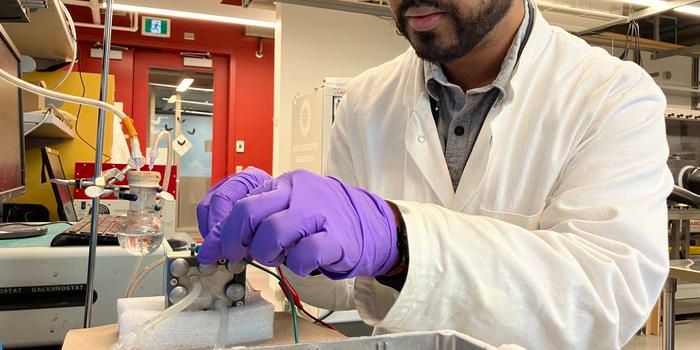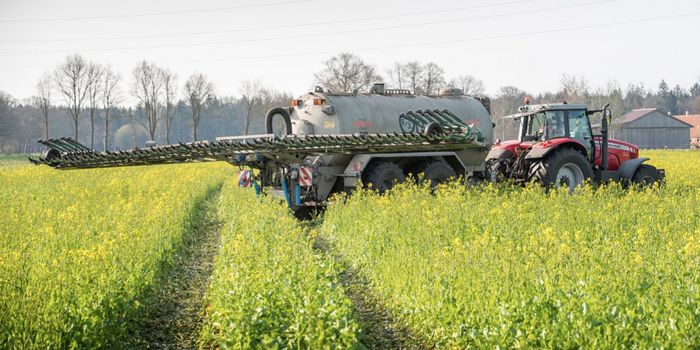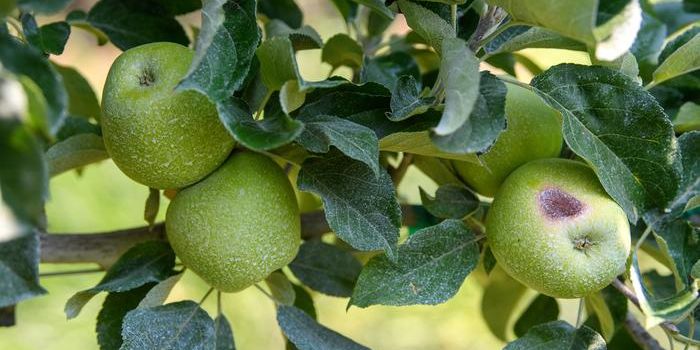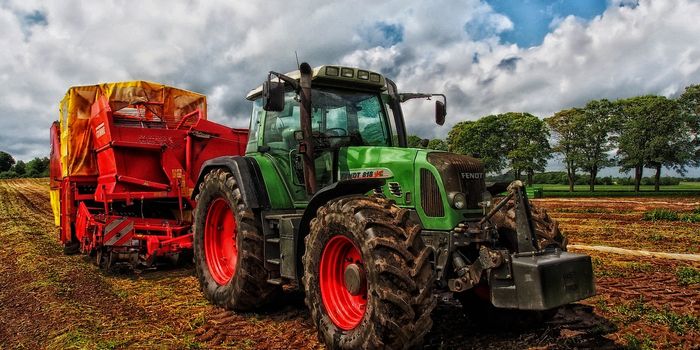What's left after the fire?
With all the forest fires going on in California as well as other parts of the world, it’s critically relevant to think about how these fires can affect the atmosphere and environment after the burning has actually stopped. New research from Hokkaido University has determined that charcoal from wildfires can result in faster decomposition of fine roots in the soil, which may lead to accelerating CO2 emissions in boreal forests.
The research, published in the journal, Soil Biology and Biochemistry, explains that because boreal forests act as large carbon sinks, they can accumulate a lot of carbon over time. Some of this carbon is stored in what the scientists call fine roots. Though we know that burning trees during a wildfire emit carbon dioxide because of this sink phenomenon, the question is how the sink is impacted by the post-fire situation. To determine this, Russian Academy of Science Senior Researcher Semyon Bryanin and Hokkaido University Assistant Professor Makoto Kobayashi teamed up to conduct litterbag experiments with the intent of finding out how charcoal (which is often left behind after a forest fire) affects boreal forest fine roots.
The team set up four different plots where fine larch roots were exposed to different amounts of charcoal (the control had no charcoal; one plot had the mean charcoal content measured in the field; one had twice the mean charcoal content measured in the field, and one had charcoal content equal to the maximum concentration in the field.) Then they observed what happened over 515 days. What they found may change the way we think about forest fires.
The researchers’ findings show that charcoal didn’t much impact the decomposition of fine roots right after they were buried in soil. However, this changed as time went on: by the end of the nearly two years, the loss of root mass in the plots with higher concentrations of charcoal was greater. Or, in other words, more charcoal equals faster decomposition. Their numbers back it up: the control plot loss 30% root mass; the plot with twice the mean charcoal content lost 40% of root mass while the plot with maximum charcoal content lost 42%.
So, what does that mean, exactly? Fast decomposing fine roots mean more CO2 into the atmosphere faster. "Our study has provided the first field evidence that fire-derived charcoal might accelerate the decomposition of fine larch roots and consequently CO2 emissions from boreal forest," says Makoto Kobayashi.
Yet another factor to keep in mind as drought and forest fires become more and more frequent. This phenomenon could start a positive feedback loop by emitting more CO2 into the atmosphere and thus spurring more symptomatic climate change.
Sources: Science Daily, Soil Biology and Biochemistry









